Author: Christopher Peterson
ISBN: 978-0-19-991645
APA Style Citation
Peterson, C. (2013). Pursuing the good life. New York, NY: Oxford University Press.
Buy This Book
https://www.amazon.com/Pursuing-Good-Life-Reflections-Psychology-ebook/dp/B00AF6MZY8/ref=sr_1_1?dchild=1&keywords=pursuing+the+good+life&qid=1610937893&sr=8-1
| pursuing_the_good_life_.pdf |
Positive psychology is the study of what makes life most worth living. Christopher Peterson, along with Martin Seligman, are two of the founders of positive psychology. Peterson wrote a blog for Psychology Today, and many of those entries make up the bulk of the “chapters” in the book. Each chapter is only a few pages and contains amusing anecdotes, information about positive psychology, and recommendations regarding how to implement positive psychology in everyday life. The book is broken up into four different themes: work/school, relationships, play, and service.
Peterson is clear from the start that positive psychology is a psychological science that uses research-based evidence to determine what components help someone live a better life. His first chapters identify what positive psychology is and, perhaps more importantly, what it is not (self-help books). Also, he addresses the criticisms of positive psychology and creates a sound rationale for why this is a discipline worthy of study.
Peterson addresses how we can either enhance or diminish the positive emotions we feel, and he explains how we can savor or squelch the experiences that we have. He examines the connection of heritability and happiness and how to tell if someone is genuinely happy. Peterson discusses finding ways to utilize our strengths and discusses how to build resistance in the face of setbacks. He addresses the impact of friends and family on our level of happiness and makes recommendations regarding how we can implement more positive psychology in the workplace.
Peterson addresses the many institutions that can introduce more positive psychology to improve the overall organization, he places particular emphasis on schools. Finally, he looks at the cross-cultural aspects of positive psychology and proposes measuring gross national happiness.
Because the chapters are so short, they can easily be incorporated into a psychology course, and students can read a single chapter, or similarly themed chapters can be assigned together. The chapters can also be read in any order. These short and accessible former blog posts are a great way to introduce positive psychology ideas by incorporating a short chapter into different parts of the curriculum.
Other Related Resources
Tribute to Christopher Peterson
https://www.psychologytoday.com/us/blog/in-one-lifespan/201312/pursuing-the-good-life-reflections-positive-psychology
Eleven Reasons to Own, Love, and Give Pursuing the Good Life
https://positivepsychologynews.com/news/bridget-grenville-cleave/2013052726221
Psychological Figures and Concepts
Mihaly Csikszentmihalyi
Ed Diener
Albert Ellis
Jonathan Haidt
Howard Gardner
Daniel Kahneman
Kurt Lewin
Abraham Maslow
Martin Seligman
Applied research
Basic research
Cross-sectional studies
Collectivist culture
Correlation coefficient
Correlation does not prove causation
Duchenne smiles
fMRI
Gratitude
Individualistic culture
Habituation
Heritability
Little Albert
Lobotomies
Locus of Control
Multiple Intelligence
Myelinated nerves
Neuroscience
Optimistic explanatory style
Oxytocin
Pessimistic explanatory style
Sociocultural perspective
Subjective well-being
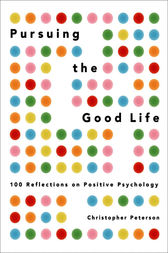
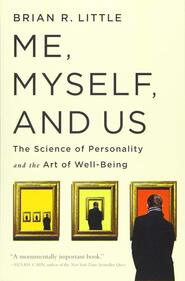
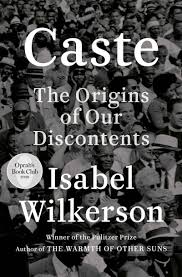
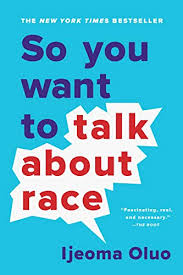



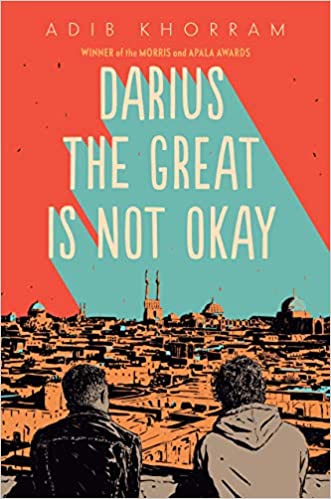


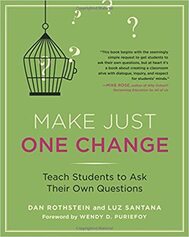
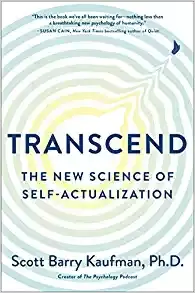
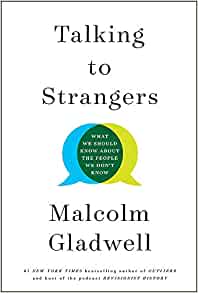
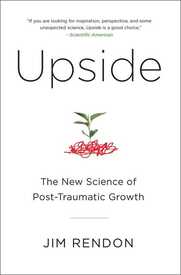

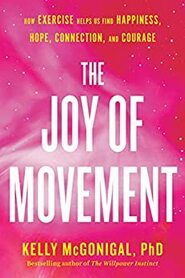
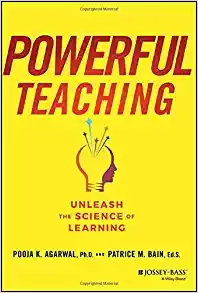


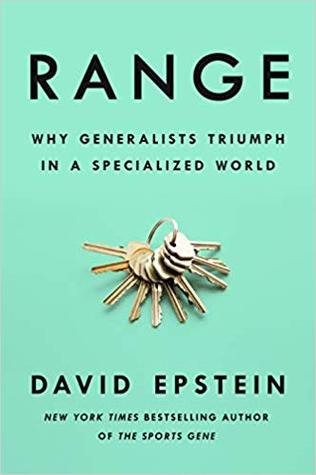
 RSS Feed
RSS Feed